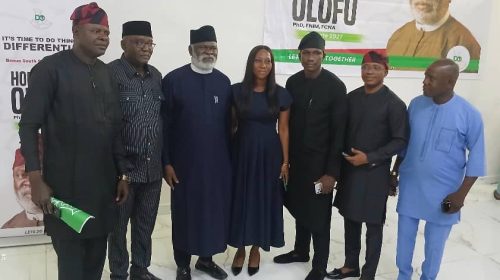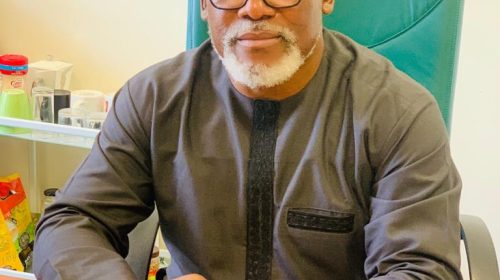Building Collapse: Insurers Move To Enforce Cover

The National Insurance Commission and the insurance companies have said they are working with the fire service in all the states and the state governments to enforce the insurance of public buildings.
The building insurance is one of the five compulsory insurance policies that was introduced almost a decade ago under the Market Development and Restructuring Initiative of NAICOM but lacked needed enforcement.
Section 64 and 65 of the Nigerian Insurance Act 2003 states that every public building should be insured with a registered insurer against the hazards of collapse, fire, earthquake, storm and flood.
It further explained that public building, in this section included a tenement house, hostel, a building occupied by a tenant, lodger or licensee and any building to which members of the public have ingress and aggress for the purpose of obtaining educational or medical service, or for the purpose of recreation or transaction of business.
Just like it existed in other developed economies with large insurance industries, this law was meant to protect the lives and properties of citizens against losses as a result of natural disasters.
In countries that are proned to heavy disasters such as earthquakes, tsunamis, constant flood and the rest, insurance companies pay huge claims and also constantly review their premiums charged.
But, operators in the Nigerian insurance industry had said that this part of the country was not an area that was proned to much natural disasters.
However, the incessant cases of building collapse in the country, which had claimed several lives and property, were increasing the agitation for the enforcement of this law.
According to the operators, taking appropriate insurance cover for buildings would ensure standardisation of building under construction in the country because, underwriters would only insure buildings that complied with regulatory standard.
While speaking with our correspondent, the Director-General, Nigerian Insurers Association, Mrs Yetunde Ilori, commiserated with the victims of the recent Ita-Faji school building collapse in Lagos State on Wednesday.
that the building insurance provided compensation for third party losses.
Ilori also said that the association was working with the Lagos State Safety Commission to ensure that appropriate insurance was put in place for buildings.
While noting that lives and properties should not continue to be lost to building collapse, she urged builders and homeowners to take insurance covers.
State had said that 20 victims of the Ita-Faji accident were brought in dead to the General Hospital in Lagos, while some injured victims were still receiving medical attention.
Another building also collapsed along Bode, Molete area of Ibadan, Oyo State, on Friday, but no casualty was recorded.
The Deputy Director, Head, Corporate Affairs, NAICOM, Rasaaq Salami, said the commission was creating awareness on the relevance of the compulsory insurance.
He said that the commission had planned to work with different states to ensure the implementation of the compulsory insurance through the State Insurance Producers, which was stopped.
Salami said, “SIP was to ensure synergy with states on compulsory insurance because the states have the machinery to enforce it. When the state is determined to enforce anything, the compliance level is high.
“Despite the fact that the SIP was stopped, we are not relenting but will see how to collaborate with state governments.”
In 2017, NAICOM inaugurated a committee to drive the enforcement of public building insurance in the country.
The committee consisted of representatives of NAICOM, the Federal Fire Service, representatives of states fire service from the six geo-political zones and the NIA.
Despite the inauguration of the committee, the building insurance had still not recorded any remarkable development.
Punch






Leave a Reply